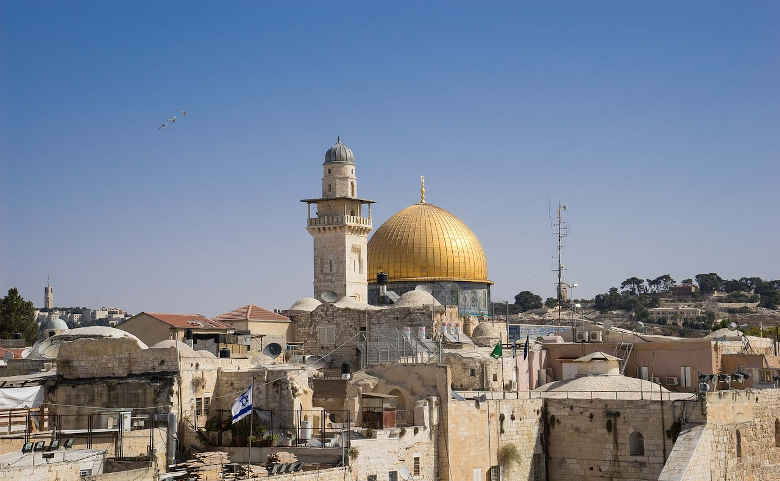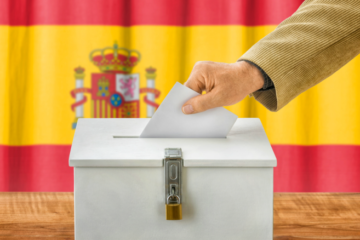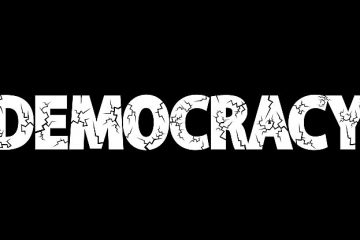More Arab states eye peace with Israel


What is next after the Israel-Bahrain-UAE peace deals? Which countries are next in line to establish diplomatic relations with Israel?
I have previously stated that the Kingdom of Saudi Arabia is warming up its relations with Israel. They tested the waters with Abdulrahman al-Sudais, the Imam of the Grand Mosque in Mecca, appointed by the King and previously a staunch critic of Israel, publicly speaking about the Prophet Mohammed who was kind to his Jewish neighbor and converted Jews by treating them well. As a regional heavyweight, the KSA certainly has enough leverage to encourage or discourage further recognition of Israel.
A Sunni coalition, backed by the KSA (and the UAE) with Israel as a partner, is certainly a safe option against the resurgence of an Iranian-led, Shiite majority, coalition.
The Sultanate of Oman and Israel have enjoyed relatively solid relations over the years. In the past they have exchanged official state visits, praised each other’s leaders, established trade relations, and other diplomatic exchanges. Oman welcomed the UAE’s and Bahrain’s deal with Israel.
It is also important to note that the two countries officially have never been in war. Unlike the rest of the Gulf States, Oman also enjoys good relations with Iran, thanks to the support Iran lent the Omani government during the Dhofar Rebellion, and it is a bridge between the Gulf States and USA and Iran. In the past it has successfully mediated several deals and disputes.
The Omani government, since it is involved with arms deals with Iran, cannot benefit from such a trade with Israel. However, the two countries can collaborate over areas such as water supply, civil technology, security and education. The late Sultan Qaboos bin Said has paved the road for the new Sultan Haitham bin Tariq Al Said to crown open cooperation with Israel with official recognition of Israel’s statehood.
The Kingdom of Morocco recognizes Israeli passports and grants visas to Israelis. Morocco is also the home of the largest Jewish population in the Arab world and it has the only Jewish museum in an Arab country. Even though Morocco has been officially at war with Israel, it has long maintained secret relationships with the Jewish state. Because of this relationship, Morocco has benefited from Israeli weapons and intelligence information.
There were rumours of normalising their relationship in 2019 during the Warsaw Conference (also known as the anti-Iran conference), but the rumours were met with protests in Morocco. Recently, US President Donald Trump has been pushing for direct air traffic between their capital cities and his Senior Adviser and son-in-law Jared Kushner has been on the diplomatic offensive in several Arab countries.
In August Prime Minister Saad-Eddine El Othmani said that the Moroccan government would not normalise relations with Israel. However, he immediately backtracked and said his comments were made in a capacity as leader of the Islamist PJD party, not as Prime Minister and that he had just repeated the old position of his party. Establishing formal diplomatic ties with Israel could improve Morocco’s international reputation. After all, they need international support to officially establish sovereignty over their disputed Western Sahara territory. A unified front against the Iranian threat is just an added bonus.
In the shifting political landscape, Republic of Sudan might be also in line to recognise Israel. Sudan has officially been at war with Israel for some of the past wars, while staying on the side-lines during others. They have maintained covert relations throughout history, had low level government visits, the Israeli Prime Minister met the Sudanese Chairman of the Sovereignty Council in Uganda and Israeli planes are now allowed to fly over Sudan’s territory. The benefits for Sudan for recognising Israel are both dangerous and incredible at the same time. Washington DC might remove Sudan from the list of state sponsors of terrorism allowing Sudan to start applying for much needed loans to start the recovery from its war-torn past.
The problem with Sudan is its fragile government. After the 30-year dictatorship of Omar Al Bashir, there is an interim coalition government in place until the scheduled elections in 2022.
There are mixed signals coming out of Khartoum. After meetings with Mike Pompeo, the US Secretary of State, Prime Minister Abdalla Hamdok, who is considered a technocrat, has stated that the government does not have the political mandate to recognize Israel. General Abdel Fattah Burhan, the military head of Sudan’s government, has expressed openness to the possibility, while the National Assembly has not established a proper political decision. Any decision regarding the recognition of Israel, must be seen by the public as a political and diplomatic direction taken by Sudanese leaders, and not as trade for financial and economic favors. Otherwise, any peace deal would be short-lived.
This article was originally published for Conservatives Global.



0 Comments